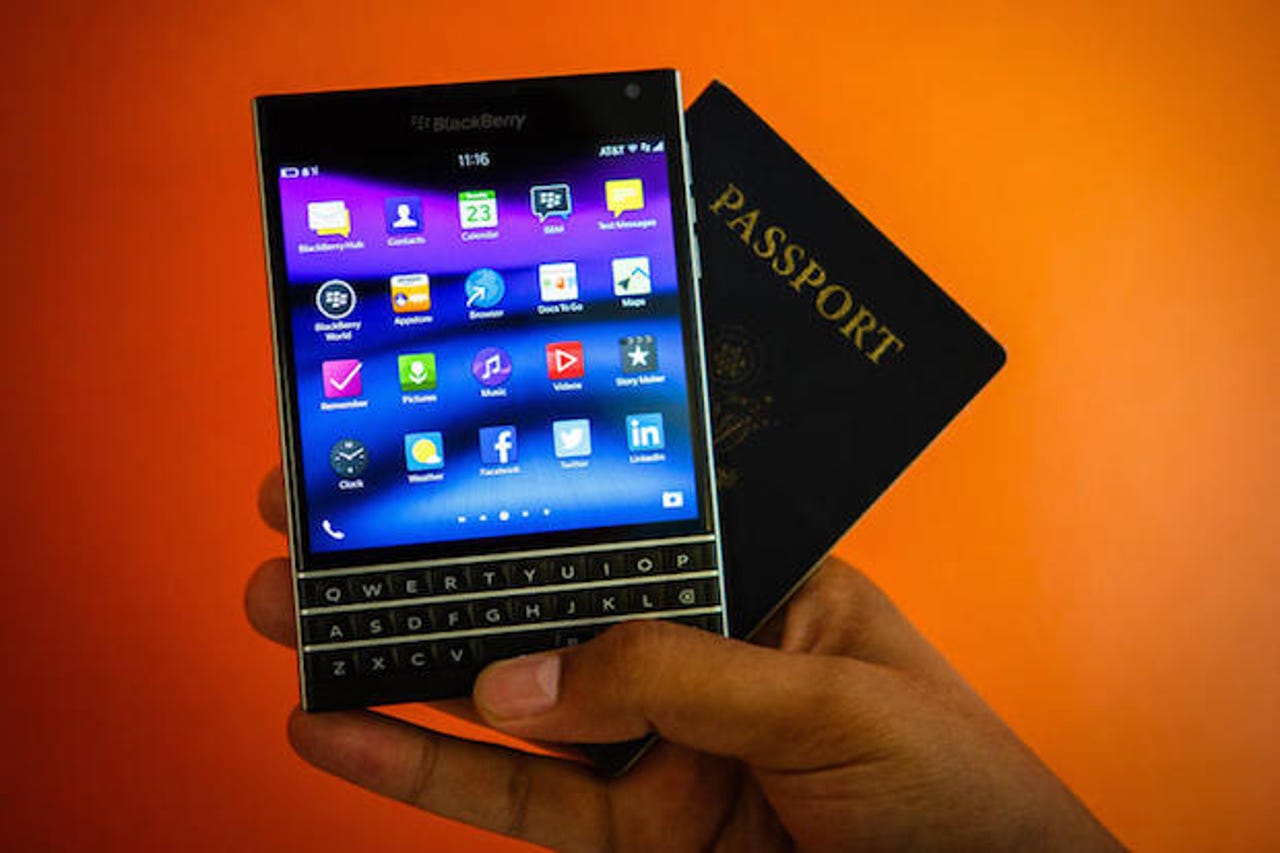Former NSA's chief lawyer: BlackBerry's encryption efforts led to its demise

BlackBerry's core feature, encrypted email and messaging, was its downfall, according to former National Security Agency general counsel Stewart Baker.
Speaking at Web Summit in Dublin, Ireland, Baker said (among other things) BlackBerry's demise was in part due to its encryption efforts, which in recent months both Apple and Google have pushed to replicate.
"BlackBerry pioneered the same business model that Google and Apple are doing now. That has not ended well for BlackBerry," Baker told Guardian editor James Ball at the event.
He justified his claims, saying that countries like Russia, China, and the UAE, which require companies to hand over stored data to authorities to fight terrorism and other serious crimes, gave BlackBerry a cold reception.
"They restricted their own ability to sell," Baker said. "We have a tendency to think that once the cyberwar is won in the U.S. that that is the end of it — but that is the easiest war to swim."
Baker had a point. India had a series of back-and-forth demands to open up the encrypted data network so it could be inspected by Indian security officials. Eventually a compromise was made. Other countries have made similar demands, but failed to recognize that BlackBerry's core service is untappable by design.
The Waterloo, Ontario-based phone maker downsized over the years after a string of poor quarterly earnings reports. The company remains focused on its smartphone unit, but has since spread out into mobile device services and enterprise software.
BlackBerry fundamentally crumbled not because of its encryption efforts, but because it failed to keep up with consumer demand in the face of Apple and Google, and it botched any efforts to compete.
The U.S. government and other Western nations, and major private verticals like healthcare and finance, still rely on BlackBerrys for secure messaging. Although the company remains down, it's far from out — so long as it still has a friend in government.
